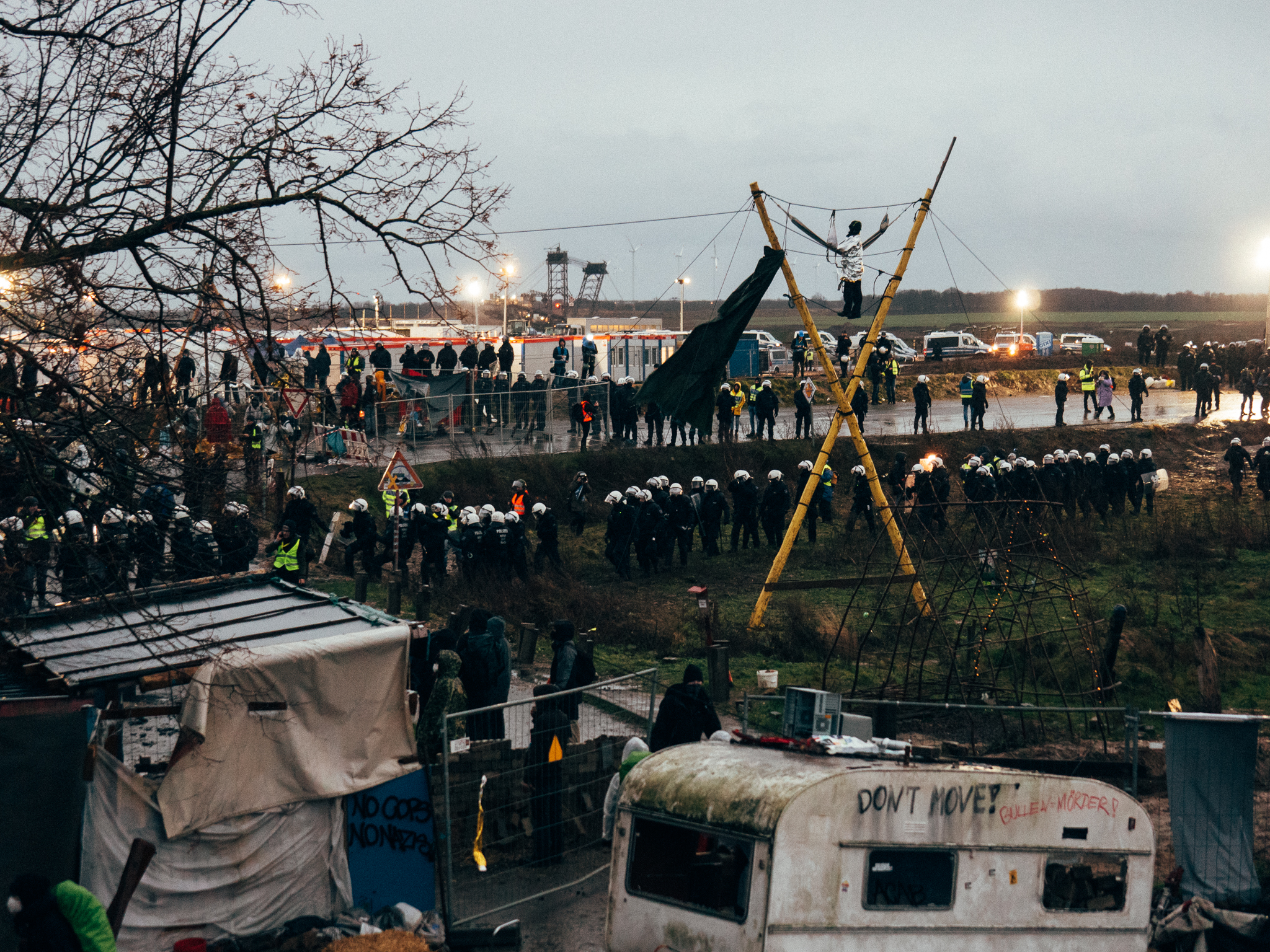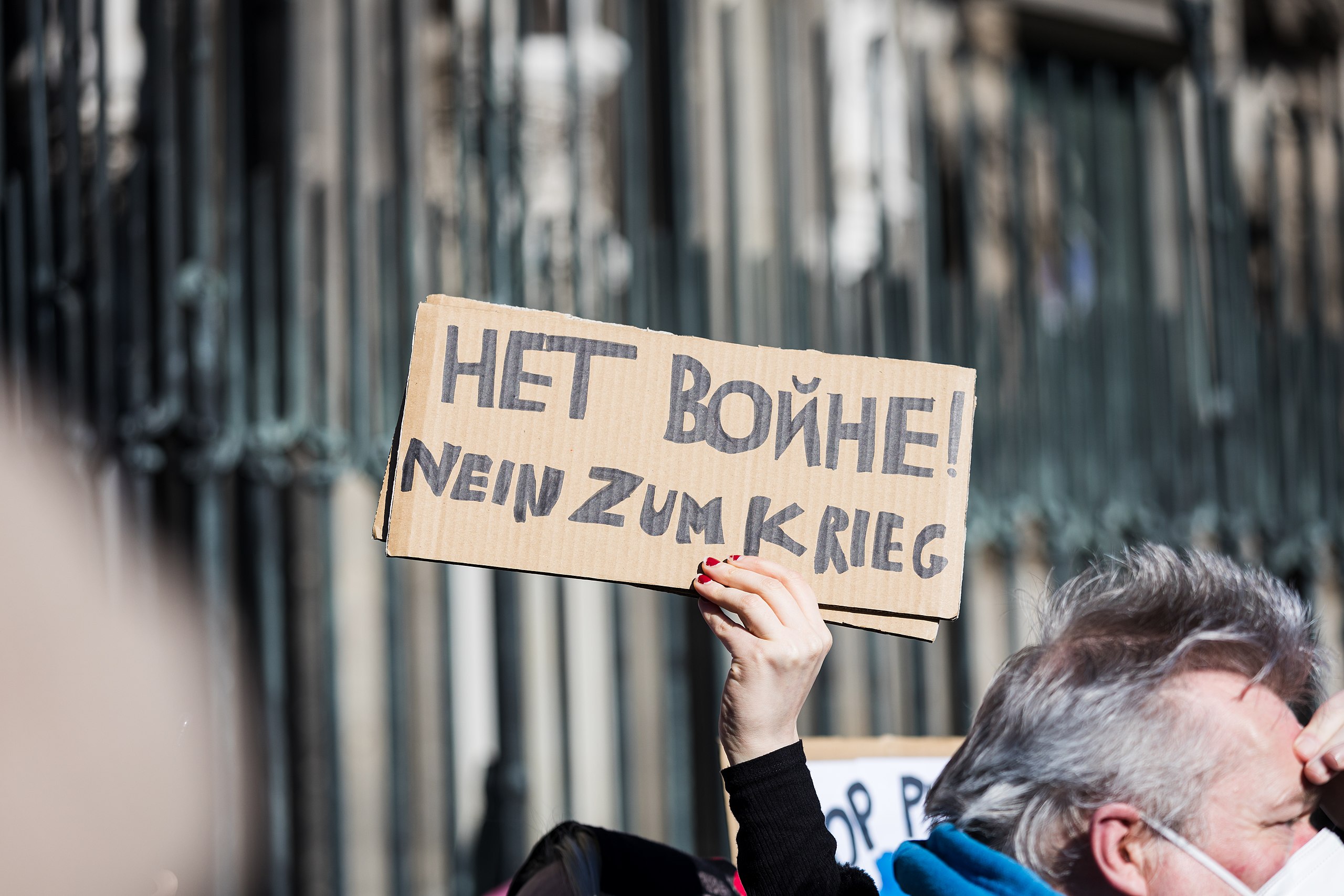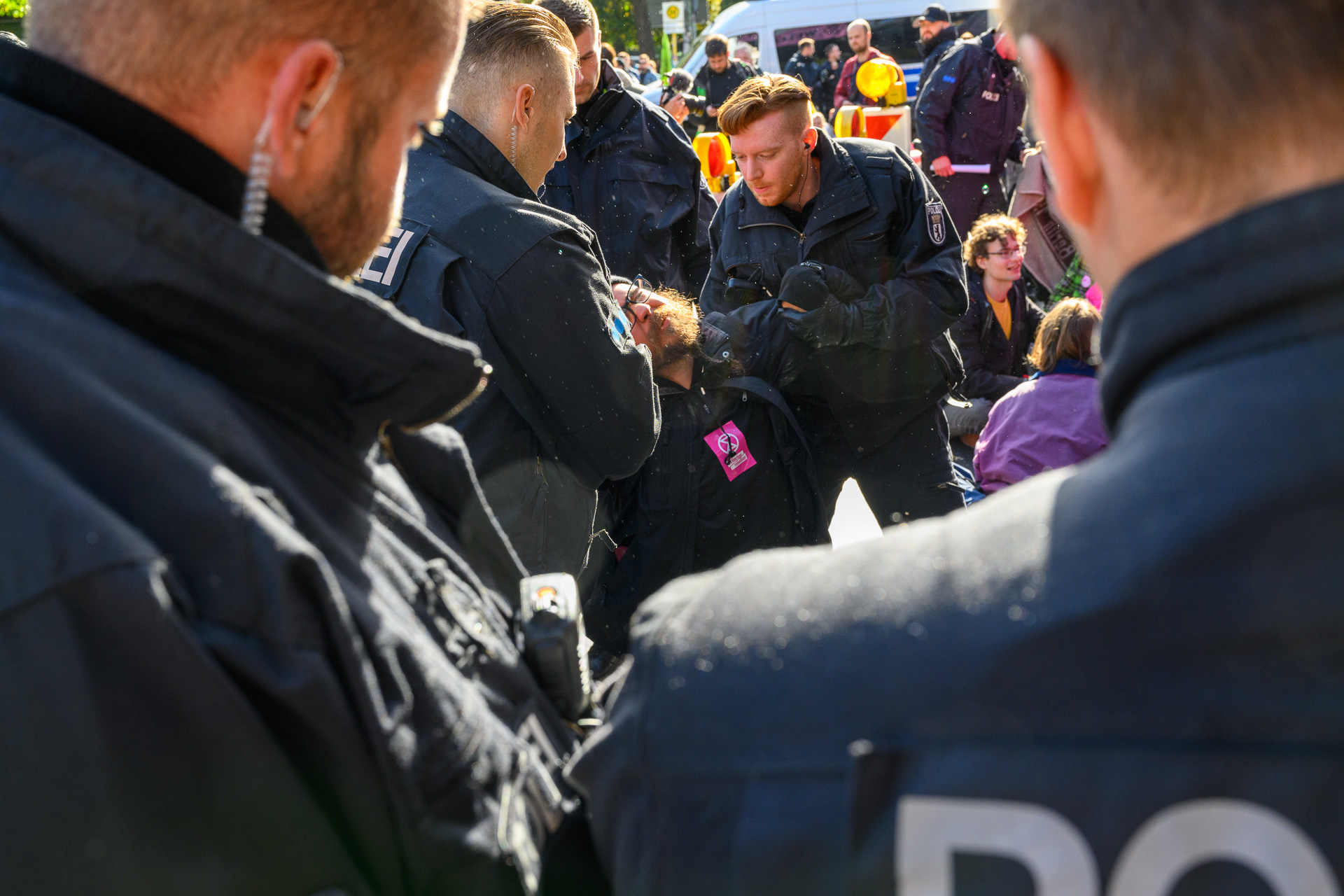International Conference, 19-20 May 2017, Berlin, Organizers: Working Group Riots within the Institut für Protest- und Bewegungsforschung (ipb)
“Riots” continue to make headlines in the media, usually as a violent reaction to occurrences of police brutality, or in the context of broader political protest and movement mobilizations as, for example, in demonstrations turning violent or movements applying both violent and non-violent forms of action as given in the context of the “Nuit Débout” protests directed against the labour market reforms 2016 in France. However, all too often the notion of “riots” is used in a seemingly self-evident way, leaving more questions than answers. While there have arguably been new developments in conceptualizing and studying riots in recent scientific publications, this critical observation still holds true not only for discourses on riots in the mass media, but also for many scientific contributions dealing with riots in one way or the other.
Apart from describing clashes with the police, sometimes involving attacks on private or public property, looting or arson, there is no shared definition of the term “riots”, nor is there an agreement on how to study riots, their effects concerning social change or processes of political subjectivation. With its focus on durable organizational frameworks and long-lasting processes of mobilization, the research on social movements often excludes the seemingly spontaneous, unorganized and violent forms of action. The fact that rioters may not always articulate their demands in conventional ways, like offering messages and claims on signs and leaflets, seems to further interfere with their inclusion into Social Movement Studies. On the other hand, when riots are addressed through the lens of collective violence, they are often dealt with as one form of violent group behavior among others, thereby disregarding the specific motivational and structural aspects regularly involved in the emergence of riots. Therefore, both Social Movement Studies as well as research on (collective) violence often still exclude riots as a subject of research, or they tend to describe riots as somehow apolitical phenomena. Even when social inequality is acknowledged as a causal factor, studies often describe riots as a fatalistic reaction to social circumstances and living conditions, thus failing to recognize rioters as political subjects and the processes of political subjectivation involved.
Following up on the Riot-Workshop series of the Arbeitskreis Riot (AK Riot) at the Institut für Protest- und Bewegungsforschung (ipb) in Berlin, we are pleased to invite you to the 6th workshop as part of the international two-day conference “Riots. Violence as politics?”.
We want to discuss with you riots as a concept and phenomenon and therefore give room for presentations of your research regarding riots. We would like to invite you to send us a short proposal for a presentation on the following (or related) questions:
The pros and cons of the term “riot”
The term “riot” contains the terminological danger of unifying social phenomena that differ in their forms, contents and backgrounds. Against this backdrop, the term “riot” can be put into question: is the term as such scientifically capable of grasping forms of protest that are outside established forms of political articulation? Or would it be more reasonable to abandon the notion of “riots” and adopt other terminological concepts such as “collective violence”? For example, it could be argued that reading riots as a form of collective violence refers to a comparably low common denominator of different social phenomena, but avoids transgressing historical and contextual specificities and differences.
Riots and violence
What is the role of violence in riots? How can we understand different forms of violence in relation to riots? How can violence be conceptualized as a form of action? Can violence in the context of riots be understood as a means of communication? What role do violent actions play for the representation of riots in the public discourse?
Riots and political subjectivation
Why do people participate in riots? Are riots to be understood as a rejection of representational forms of political involvement? Are riots even political at all? What kind of political subjectivity do riots presuppose? How do they affect or constitute processes of political subjectivation?
Riots and social movements
How can we understand and conceptualize the relation between social movements and riots? How can riots be fruitfully included in Social Movement Studies? Can riots be a starting point for the formation of more organized and lasting collective actors? How do social movement organizations position themselves in relation to riots and other forms of violent action?
We warmly welcome presentations of your research projects, bachelor or master theses, PhD chapters or proposals, article drafts or other scientific work in progress. If you want to present and discuss your work and ideas, please submit your proposal (1-2 pages) to riot_workshop(at)riseup.net until 15 March 2017. The workshop as well as the conference will be held in English, so both your proposal or draft paper as well as the presentation should be in English. In order to have enough time to discuss all contributions, your presentation should not exceed 20 minutes.
If you would like to participate without holding a presentation, please let us also know until 31 March 2017. In case you have any questions, please do not hesitate to contact us. We are looking forward to hearing from you!
Janna Frenzel, Philippe Greif, Fabian Klein and Sarah Uhlmann
(Organizational team / AK Riots )
In cooperation with
Institut für Protest- und Bewegungsforschung (ipb), Berlin
Zentrum Technik und Gesellschaft (ZTG), TU Berlin
Funded by
Hans Böckler Stiftung
Download: Call as pdf document
Foto: Erwan Corre (cc-by-sa 4.0)



